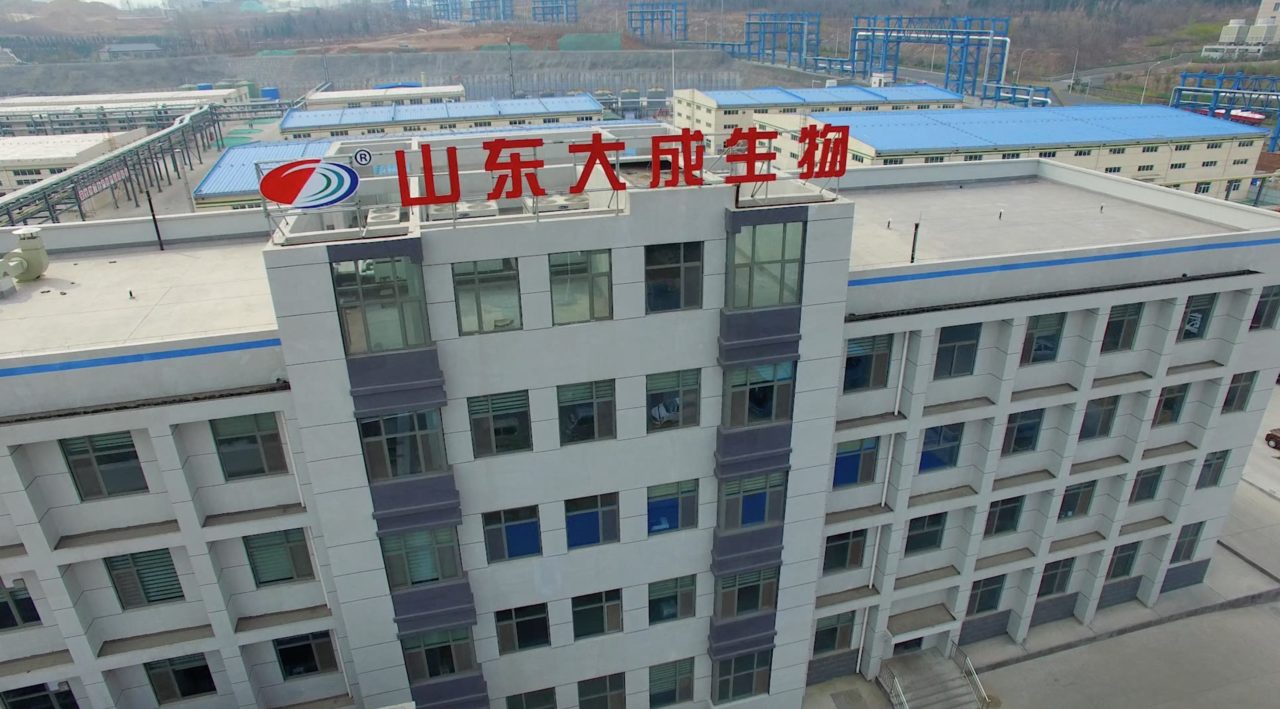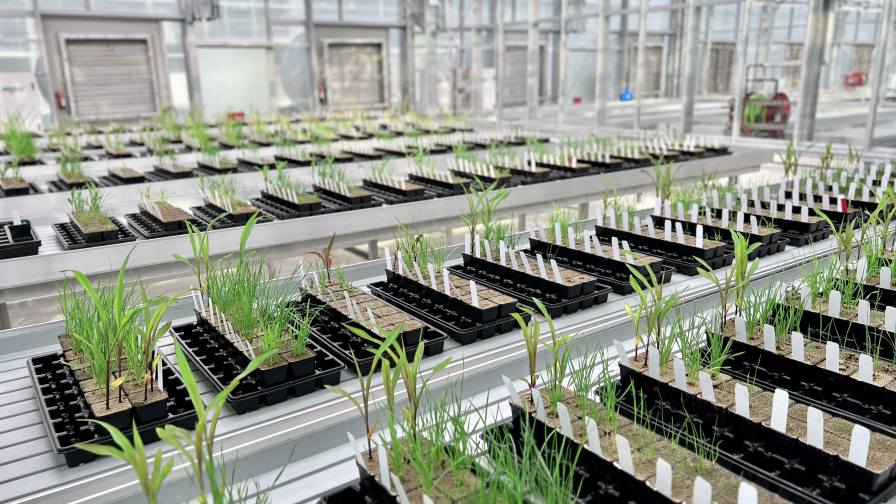Pradip Dave: USA’s Decision to Revoke GSP for India ‘Unfortunate’
By Pradip Dave
Editor’s note: Pradip Dave is veteran Chairman of AIMCO Pesticides and President of Pesticides Manufacturers and Formulators Association of India (PMFAI)
Withdrawal of GSP benefits by the USA is an unfortunate decision, as the chemical sector, including agrichemicals and the basic and processed agri-food sector, will all be impacted. The Indian pesticide industry’s exports will also be affected as there are some generic products involved.
Withdrawal is expected to impact India’s total exports worth $6.35 billion and according to reports, about 3,000 items will be affected. Other sectors mainly affected by the decision include pharmaceuticals, plastic, leather articles, and jewelery. Exporters from India stand to lose net benefits worth $191 million annually.
This will affect U.S. farmers who will be deprived of crop protection chemicals at competitive rates, which India is exporting. These include chlorpyrifos and 2, 4-D, which has become more widely used due to problems with glyphosate. Keeping in view the trade dispute between the U.S. and China, India is capable of supplying the required chemicals at an affordable price. The decision by the U.S. goes against farmers’ interests, while the world faces food security challenges to feed a growing population. It adds a new challenge that will lead to a deficit in food production.
India is still a developing country. Demands by the U.S. for intellectual property rights, alongside protection and localization, are the MNC’s agendas in both pharma and agrichemicals, which they wish to push so that India’s generic market is killed. India is also exporting agrichemicals at an affordable price. Data protection that the U.S. is demanding is not viable, as it leads to evergreening of the patent. These products are well covered by patent law which is also applicable in India, so such demands are not practical. Further, such patented products are valued at an exorbitant prices for Indian farmers, who are already facing challenges such as climate change, untimely rains, and crop failure.
Further, data protection demands are for the products which are launched the world over, but introduced in India for the first time after 15 to 20 years. This is one of the reason that the exporters from U.S. — mainly MNCs — are not registering their technical-grade products in India, but importing ready-made formulations. The lame reason given by importers that the cost of R&D is very high and hence protection is required does not hold true, as these products are introduced in India decades after the fact.
However, under GSP, India receives an annual benefit of merely $191 million on 1,784 out of 3,000 products. The Indian government has suggested alternatives, but the U.S. did not accept. Sometime back, the Indian government reduced a 10% import duty on luxury Harley Davidson motorcycles that are made in the U.S., and had to do so for all imported motorcycles from other countries. The U.S. government feels the duty reduction on motorcycles is negligible and wanted a further reduction. The repercussion of it is that they revoked the GSP program, without thinking of U.S. farmers’ interests and food security.
Some of the generic products being exported to the U.S. will also be affected, and hence Indian pesticide industry exports are likely to be affected, as with GSP benefits of 3% or more, exporters will find it difficult to absorb the loss.
To tide the situation, we understand that the government of India is looking at ways to support the affected sectors as it is tasked with supporting its local manufacturers. India’s industry keenly awaits the decision from the government.
Keeping in mind that at present, only India can supply some of the affected products, there is still there is hope that counterpart importers will keep importing the products irrespective of the GSP program. Unlike pharma and diamonds, agrichemicals will not be affected to a great extent. However, the situation will not be the same as prior to GSP.
The government of India is unlikely to take any immediate steps in response to the action, because as per government sources, at a macro level, the effect will be minimal as net profit to exporters in the scheme was just $191 million annually.







